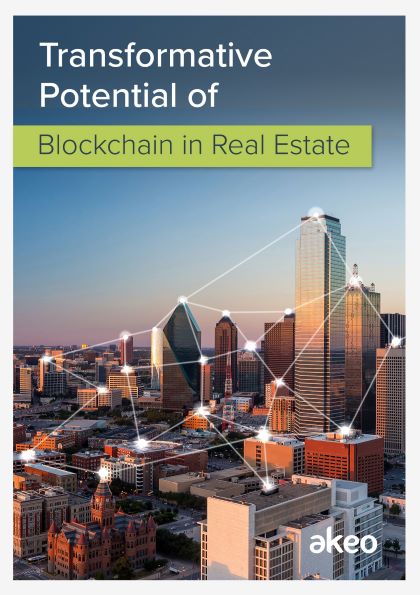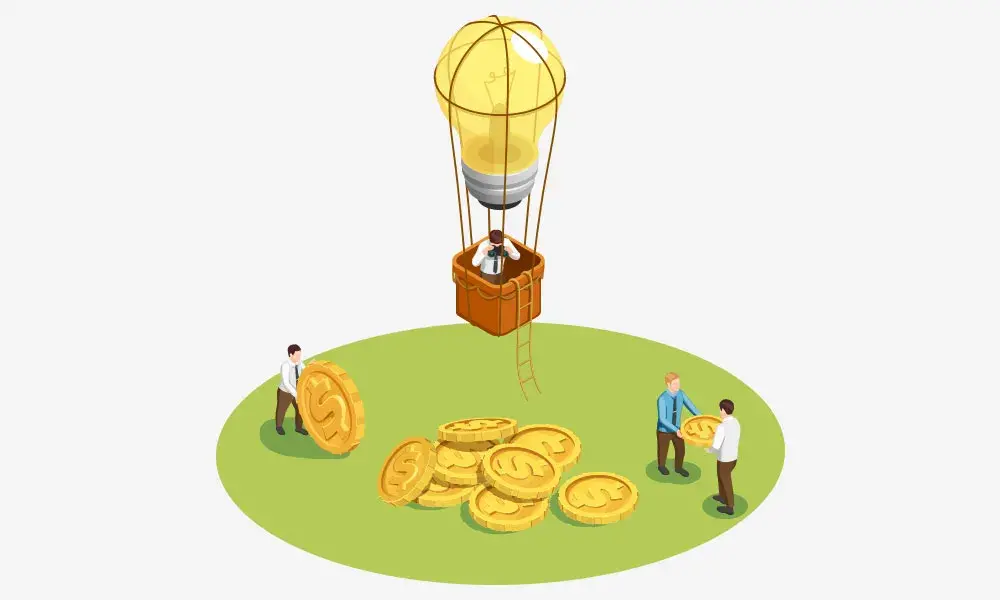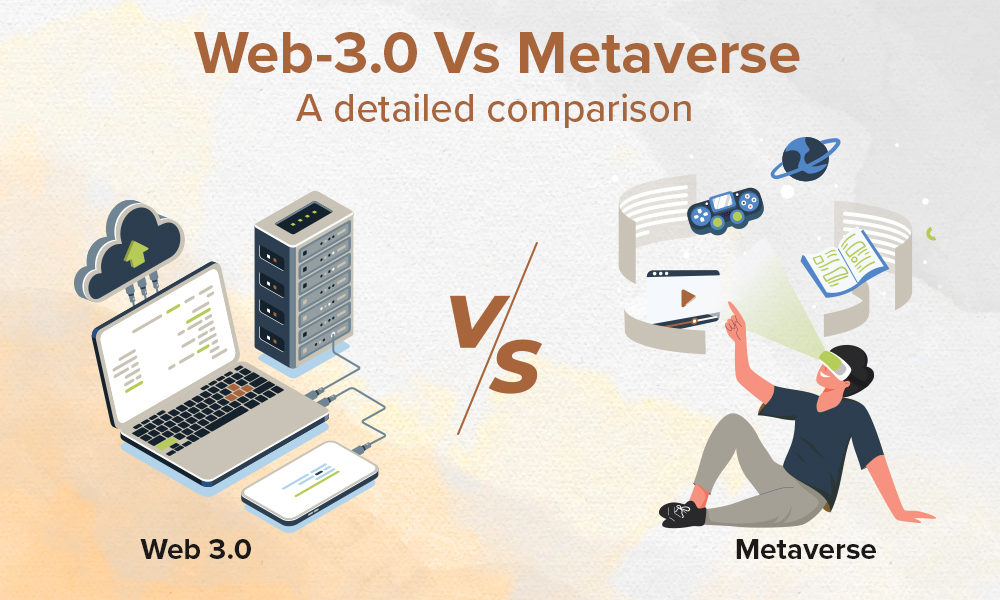In this technology-driven world, businesses have become more modern and progressive than ever before. SMEs around the world are beginning to offer new lines of services and adopt alternative finance models in order to generate funds. Models like peer to peer and crowdfunding offer better flexibility and uncomplicated process, making it a more viable option than banks.
Crowdfunding has swiftly risen in popularity over the last decade. The World Bank reports that global investment through crowdfunding will reach $93 billion by 2025.
There are numerous possible reasons that crowdfunding has become such a phenomenon for startups looking to raise funds. From a vast audience and potential customers to quick fundraising option, crowdfunding offers a host of advantages to businesses over traditional methods.
The emergence of modern crowdfunding platforms like Kickstarter and Indiegogo has allowed startups to generate funds quickly while tapping into a wide pool of investors. There’s no doubt that these platforms have helped a number of startups; there are inherent flaws that pose the fundraising model to certain challenges.
In the case of securities, the process of selling them is complicated as it requires the platform to collect money from the investor and transfer it to the issuer. Further, the platform has to transfer the share to the investor while taking care of the complete registration process. In short, there are stringent compliance requirements for platforms to protect the financial interest of investors. Moreover, the whole process lacks transparency and could be less secure in certain cases, such as international fund transfer.
Enter tokenization. Blockchain tokenization is a method of converting rights to an asset into a digital token. These asset-backed tokens can be freely bought and sold on different exchanges with enhanced traceability and transparency.
How does it work? Blockchain tokens can represent ownership rights allowing investors to purchase shares from the platform. Such a token can be stored and managed on a blockchain network. Businesses looking to raise funds can offer these tokens to investors on blockchain in return of funds. All these transactions could be securely done on the blockchain with the help of smart contracts. Smart contracts would build trust amongst parties to let them trade directly in a peer-to-peer fashion, eliminating the need for middlemen.
To understand it better, let’s talk about a specific industry where tokenization could revolutionize crowdfunding.
Asset Tokenization in real estate crowdfunding
One of the biggest challenges for businesses in real estate is that the assets are illiquid and not traded. This means, getting investors to fund real estate products is not an easy task, even for the established crowdfunding platforms.
Tokenization of real estate assets will offer more liquidity and control to investors. Asset-backed tokens could be easily transferred to investors around the world on blockchain. They will act as proof that the investor has partial ownership into that property.

Blockchain has already started to disrupt real estate by enabling secure transactions and tokenizing properties for the ease of investment globally. Key market players are already aware of its potential and many others are exploring its use cases.
Curious about what changes have been brought by the blockchain technology and how the real estate industry has been re-shaped?
Benefits of asset tokenization
Here are some core benefits of assets tokenized on blockchain:
Immutability – once the token is sold to investors, nobody can erase or alter the transaction.
Accessibility – tokens sold can be accessed anytime, at any place with a mobile application.
Divisibility – tokens offer greater liquidity, which allows easy trading amongst other investors.
Transparency – since transactions will be on blockchain, token transfers will be visible to all nodes in the network.
Cost-effective – tokens eliminate the need for middlemen as transfers will be regulated with smart contracts.
Road to Security Token Offering
In Security Token Offering or STO, a token represents an investment into an underlying asset such as stocks, bonds, or a property. It is quite similar to investing in traditional stocks where ownership information is mentioned on a digital document. For STOs, it’s recorded on a blockchain and issued as a token to the investor. Compared to an ICOs (the model that has fallen drastically last year), STOs are less risk-prone as the securities laws that these tokens have to comply with enforcing transparency and accountability.
Regulated
Security tokens are maintained by many smart contracts that determine how tokens can be purchased, traded, or sold amongst investors. Since these tokens will be on blockchain network, the transactions will be immutable and transparent, hence regulated.
More liquidity
In traditional crowdfunding, liquidity is amongst the most vulnerable trait that limits business reach. Tokens can fractionalize ownership in a company making it easier to trade anywhere in the world. A thing that is nearly impossible in traditional securities.
Feature-rich than IPOs
Security token as a whole offer numerous advantages over conventional securities in terms of flexibility, procedures, and traceability. Traditional securities are generally managed by paper certificates, manual formalities, several intermediaries which cost a lot of time and money.
What makes STO advantageous for businesses?
- Greater flexibility for businesses
- Global capital access
- Unique ways to market products and services
- More compliant and regulated
- Low barrier for entry
Although STOs seems to be beneficial then ICOs and IPOs, it is to keep in mind that it is still a new space. As such, nothing has been firmly tested for long-term, and businesses still need to keep in mind the risk and complexities they might face.
In all, crowdfunding platforms are going strong in the VC industry. However, as more and more companies move into the realm, the platforms will require to be more advanced and future-proof. It would be interesting to see how tokenization and security tokens will mature as space grows in the future.



.jpg)
